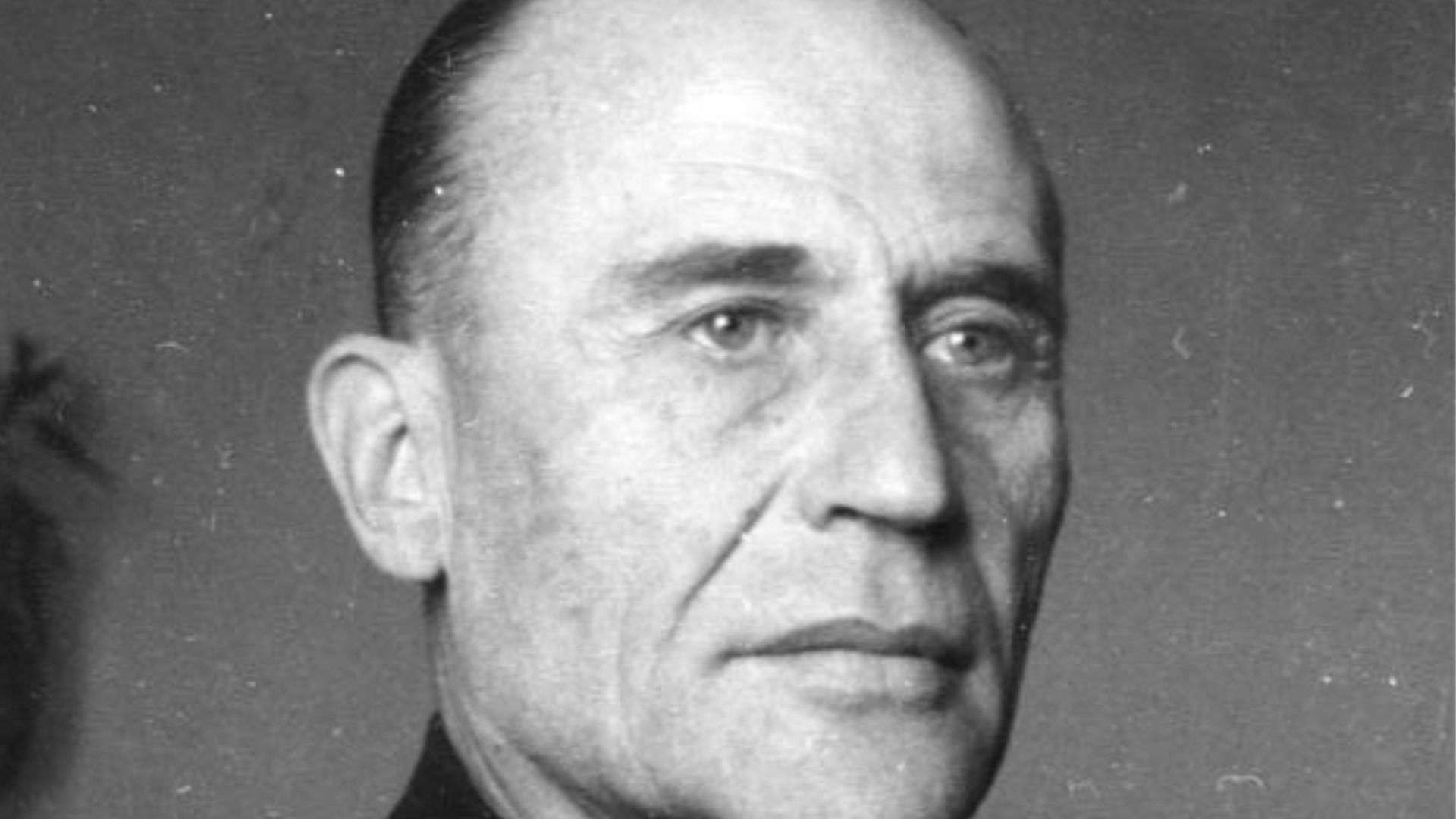
Friedrich Kirchner(born March 26, 1885, in Zöbigker in Leipzig, and April 6, 1960, in Fulda) was a German officer, the last General of the Tank Corps in World War II.
Friedrich Kirchner - Raceway
Kirchner met on 28 February 1906 as an ensign in the Infantry Regiment “Prince Johann Georg” (8th Royal Saxon) No. 107, a. On 27 January 1907, he was promoted to lieutenant in 1911 in the Lancers’ Emperor Franz Josef of Austria, King of Hungary”(1st Royal Saxon) added 17 and No. 11 July 1913 First Lieutenant.
With his regiment, he moved in 1914 to the First World War and came to secure the border to the Western Front. In September 1914, the unit moved to the eastern front, and Kirchner, on the 24th of July, was promoted to captain in 1915, was used until the war ended as Deputy Adjutant of Infantry Regiment No. 474, as well as Eskadronführer, staff officer and battalion commander.
After the war, he was transferred to the Army and served in the 12th (Saxon) cavalry regiment in Dresden. After the first, he was promoted to Major in February 1928 and was made on the first April 1928 transfer to the staff of the 2nd Cavalry Division in Breslau. On 1 October 1932, he took over the squadron of the 10th (Prussian) Cavalry Regiment in Torgau.
A year later, he was charged with the leadership of the 11th (Prussian) Cavalry Regiment in Neustadt, Upper Silesia, and on 1 November 1934, he was promoted to colonel. From 1 October 1935 to 10 November, commanded Kirchner Rifle Regiment 1, 1 March 1938, was promoted to major general and later held in November 1938, the 1st Rifle Brigade.
With the brigade, he took part at the beginning of World War II. On 3 November 1939, he was with the leadership of the 1st Panzer Division and was commissioned on 15 February 1940, appointed as its commander. Shortly after that, Kirchner was born on 1 April 1940, Lieutenant General. During the campaign in the west, he was under his Division XIX. Army Corps of General of Panzer Troops, or General Heinz Guderian, contributed significantly to cutting off the French and British troops in Belgium and northern France. For his services, he was on 20 May 1940 was awarded the Knight’s Cross of the Iron Cross.
He led the first Panzer Division at the beginning of the invasion of the Soviet Union and was published on 16 July 1941 wounded. On 15 November 1941, he took over command of the LVII. Army Corps (later renamed the Armoured Corps), which he retained with repeated interruptions until the war ended. In this role, he was born on 15 February 1942 and promoted to General of the Armoured Corps. In the Wehrmacht, he was held on 4 February 1943 and on 27 November 1944 mention.
After the surrender he came on 8 May1945 inU.S.captivity, he was released from the 1947th
Friedrich Kirchner Awards
- Iron Cross (1914) Class II and I
- Knight’s Cross of the Military-St. Heinrichs-order on 19 July 1918
- Knight’s Cross, First Class of the Order of Albrecht, with crown and swords
- Austrian Military Merit Cross III. Class with war decoration
- Clasp to the Iron Cross II and First Class
- Knight’s Cross of the Iron Cross with Oak Leaves and Swords
- Knight’s Cross on 20 May 1940
- Eichenlaub on 12 February 1944 (391st ceremony)
- Swords on 26 January 1945 (127th ceremony)
- German Cross in Gold on 22 April 1942
- Panzer Badge in Silver